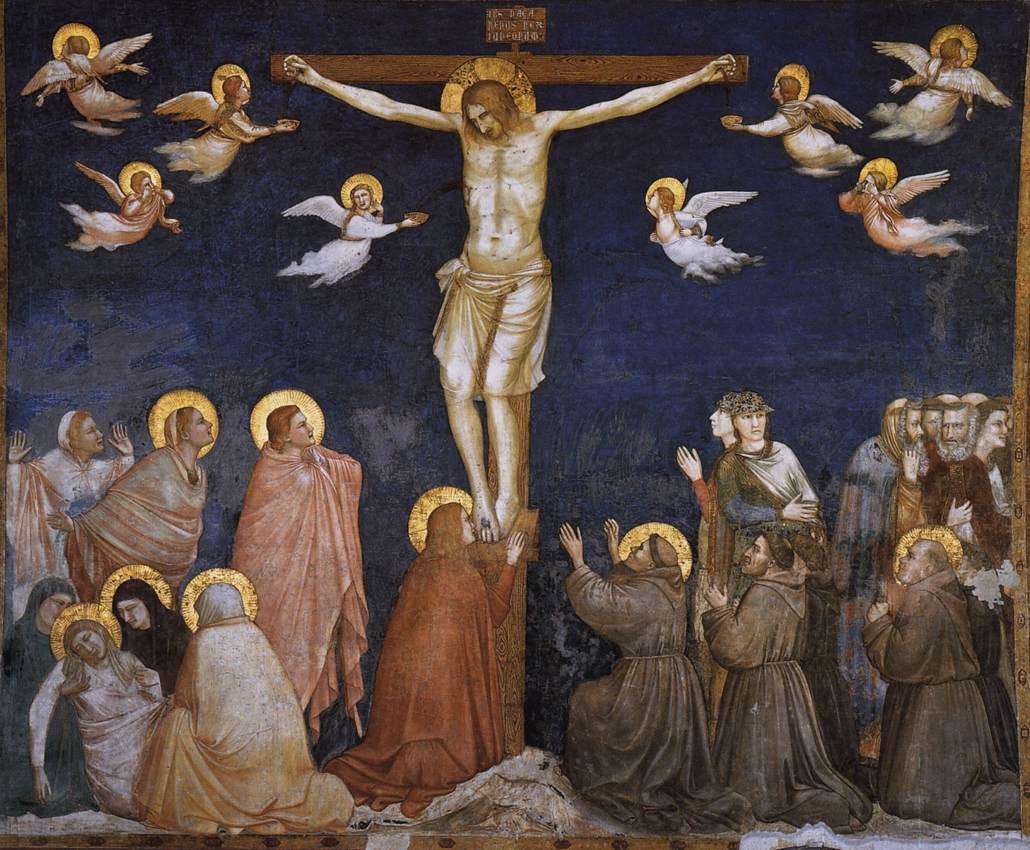This is a brief taster of Kierkegaard. After writing the Heidegger article it struck me that the longer-form articles are a bit of a time commitment for those uncertain about the value of Heidegger. And so I concocted the idea of boiling down what is most compelling about a thinker. That way those who are new to a philosopher can read a short piece and decide whether or not they want to know more. This is the trial run of this thought.
If you want to read the in-depth follow-up you can read it here.
On the Threshold of Modernity
The "Father of Existentialism" Søren Kierkegaard was born in 1813 in Denmark's capital Copenhagen. Denmark at the time was standing at the threshold between the Middle Ages and Modernity.
From this vantage point, Kierkegaard could see Modernity from a perspective we can only dream of today. He saw that the Modern Age wasn't just mass-producing products; it was mass-producing people. Kierkegaard called this mass-produced populace "The Crowd" and from his earliest writings, he attacked the media and the political and cultural tendencies giving birth to this population of living stereotypes.
This led Kierkegaard on the philosophical quest for true individuality. He railed against the dominant philosophy of his day — the philosophy of Georg Wilhelm Hegel. Hegel's elaborate philosophical system promised absolute knowledge through a science of logic. Kierkegaard couldn't have disagreed more.
As the great Pre-Socratic Heraclitus once wrote "Much learning does not teach insight". And with that in mind Kierkegaard called for a return to the living philosophy of the Ancient Greeks. Back then greatness wasn't merely about the books and knowledge you produced but the life you led. For Kierkegaard this became a creed — philosophy must not exist in isolation from our everyday lives.
The Christian Existentialist

But there was one crucial difference between Kierkegaard and the Ancient Greeks: he was a Christian. And for him this was an even more demanding ideal because this life was now the decider between eternal damnation and eternal salvation.
All these streams converged into one quest for Kierkegaard: how to become a true Christian in Christendom. And in his eyes this had nothing to do with attending Church or obeying dogma.
The central theme of Kierkegaard's philosophy is faith. And for him this means far more than reading the words of the Gospel — it means living them; it means action. As we see with Abraham, faith is a personal experience between the individual and God and this experience transcends reason. It's a work that is never complete — a choice you must constantly renew. For Kierkegaard this living repetition of Faith is the making of the true individual.
Since this faith transcends reason you won't find it in a book as Hegel promised but you have to live it. Kierkegaard was acutely aware of the danger of mass-producing a new breed of pseudo-individual. Replacing Hegelians with Kierkegaardians would do little for the cause of individualism. And so to get around this he came up with a philosophical style he called "Indirect Communication".
His philosophical model was Socrates — the irritating gadfly of Ancient Athens. Socrates's stream of ironic questioning burrowed past the stereotyped answers of the culture. Without these easy answers, he forced his conversational partners to think for themselves.
Kierkegaard designed his style to do the same. Writing under twenty different names — each with their own personality — some admirable some scandalous — Kierkegaard forced his readers to think for themselves and to find their own individual faith.
That's everything for this brief taster of Kierkegaard. In the next instalment we're going to do a deeper dive on the Dane. We'll be looking at his three stages of life: the nihilistic Aesthetical stage, the responsible carry-a-heavy-burden Ethical stage and the ultimate Religious stage. We'll also give a more detailed look at what Kierkegaard means by faith and his place in the Existentialist movement.






I like it! Great job, keep it up.
It seems to me that you are arguing, in his stress of living (or acting on) his philosophy Søren Kierkegaard is endorsing a form of pragmatism.